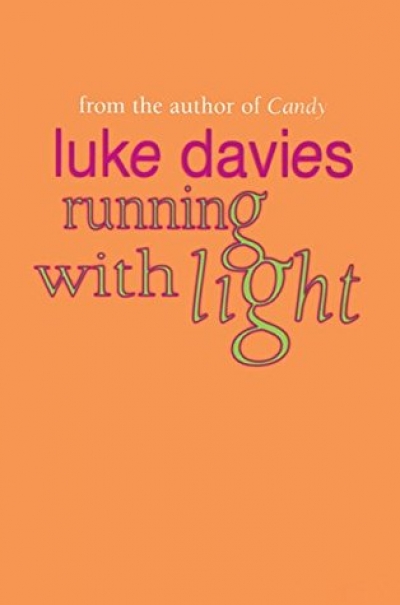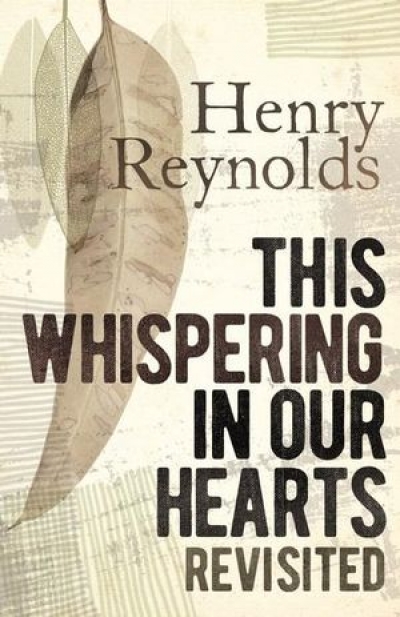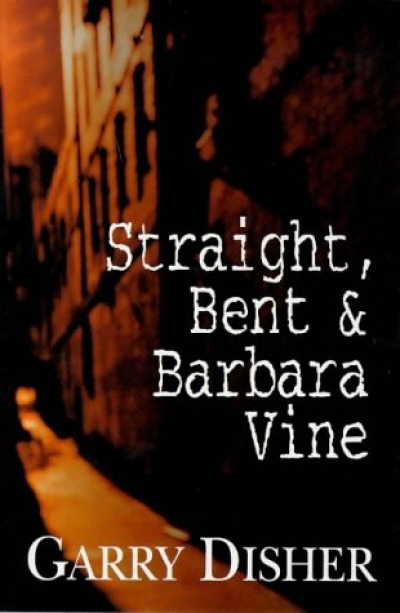Just when you have been assured, and have believed, and have claimed in print in The Sydney Morning Herald that mainstream publishers no longer bring forth volumes of verse by individual poets, along comes Allen & Unwin to confound you. Well, it is good thus to be confounded. I might not have pointed out, but the publishers remind us, over Luke Davies’ name and over his title, running with light, that this book is ‘from the author of Candy’ (also published by Allen & Unwin). So, we have a case of prose piggybacks poetry, which is all right by me. Those who read Candy, that antipodean version of Romeo and Juliet on smack, for prurient reasons may, however, find running with light not their cup of tea or drug of choice. Those, on the other hand, who responded to Mr Davies’ absolute control over and cool towards his fevered material, will warm to this collection of poems. Candy was, assuredly, a poet’s novel.
...
(read more)










